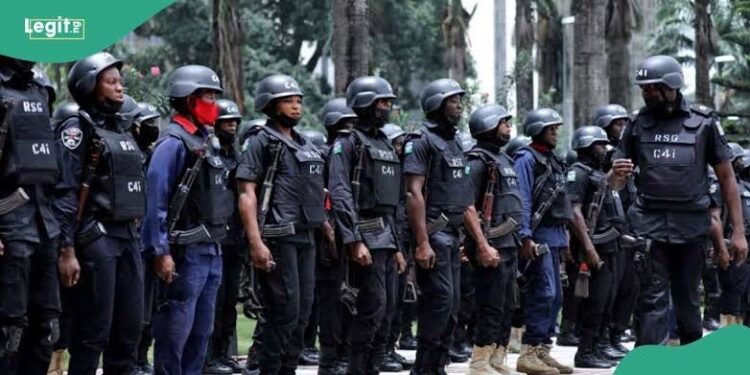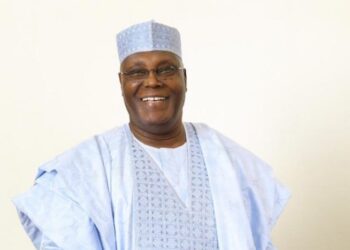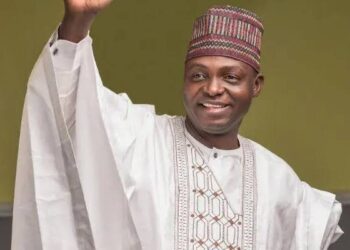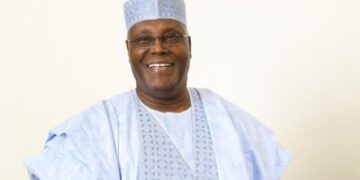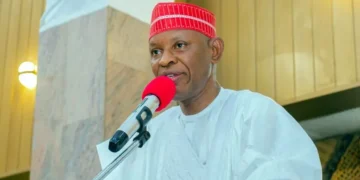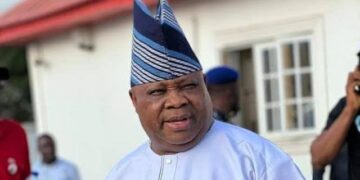The 36 state houses of assembly in Nigeria recently endorsed the call for the establishment of state police to address the escalating insecurity in the nation. This resolution was communicated in a communique released at the conclusion of their gathering in Abuja, signed by their Chairman, Rt Hon Adebo Ogundoyin. The speakers expressed their commitment to the creation of state police, contingent upon its inclusion in the constitution review.
The communique stated, “The Conference fervently advocates for state policing to combat the rising insecurity in our country. In order to achieve this, the Conference urges the National Assembly, Presidency, and other pertinent stakeholders to capitalize on the ongoing constitution review exercise. The Conference noted that despite constitutional provisions granting Financial Autonomy to the State Legislature, compliance has not been fully observed. Therefore, all relevant stakeholders are urged to adhere to the constitutional provisions without any breaches.”
On Thursday, February 15, 2024, President Bola Tinubu met with state governors in Abuja to discuss the potential establishment of state police. The details of this meeting were disclosed by Information Minister Mohammed Idris during a press briefing following the gathering.
Idris stated, “There is an ongoing discussion regarding the establishment of state police. Both the federal government and the state governments are contemplating the establishment of state police.”He emphasized that while there is an agreement on the necessity of state police, further deliberations are required to determine the implementation process.
Senator Shehu Sani, representing Kaduna Central Senatorial District in the 8th National Assembly, expressed opposition to the creation of state police in a post on his verified social media account following the meeting between Tinubu and the governors. He outlined concerns that state police might lead to chaos and be exploited by governors for election manipulation.
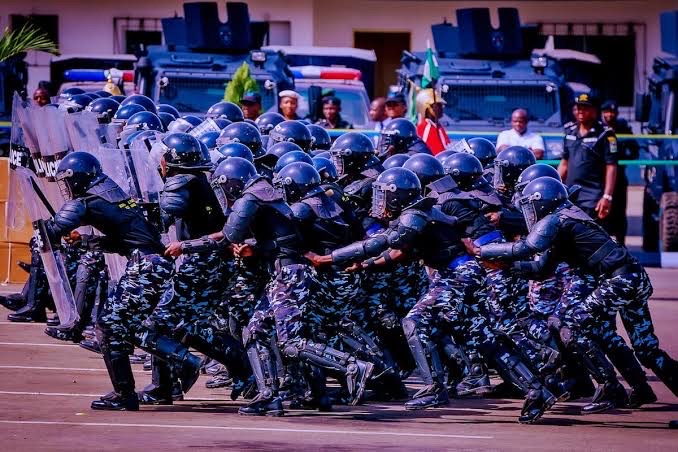
Similarly, Inspector General of Police (IGP) Kayode Egbetokun vehemently opposed the proposal for state-controlled police forces on April 22, 2024. He highlighted various challenges and potential risks associated with the establishment of state police, underscoring the unpreparedness of the country for such a transition. Egbetokun emphasized the need for comprehensive reforms within the Nigeria Police Force to enhance its operational efficiency.
In addition to operational constraints, the IGP raised substantial concerns regarding the implications of implementing state-controlled police forces. He cautioned against jurisdictional conflicts arising from overlapping authorities between federal and state law enforcement agencies, as well as the likelihood of abuse by state governors.
Minister of Budget and Economic Planning, Atiku Bagudu, reiterated his opposition to state policing in Nigeria, despite acknowledging President Tinubu’s advocacy for it. He maintained that Nigeria was not ready for state police, citing concerns about potential abuse by state governors.
Several security experts and Civil Society Organisations (CSOs) commended the endorsement of the creation of State Police by the 36 State Assembly Speakers. They argued that establishing a State Police would significantly contribute to addressing the country’s security challenges.
Major General Obashina Ogunbiyi (rtd) praised the move as a positive step towards enhancing community security. He emphasized the importance of involving community members as police officers, as they possess local knowledge and relationships crucial for effective law enforcement. Ogunbiyi also addressed concerns about abuse, stating that state governors must prioritize state security over political interests for state police to be successful.
Chukwuemeka Obua, former Comptroller of the Nigeria Immigration Service (NIS), emphasized the urgency of establishing state policing in Nigeria to enhance security. He stressed the need for police officers to be familiar with the language, culture, and environment of the communities they serve to effectively gather intelligence and maintain security. Obua highlighted the personal stake state police officers have in their communities, reducing the likelihood of corruption and abuse compared to federal police officers deployed outside their home states.
Founder of the Rule of Law and Accountability Advocacy Centre, Okechukwu Nwanguma, suggested that federal police could serve as a check on state police to prevent excesses. He proposed that state police focus on minor crimes, while federal police handle major crimes, maintaining a balance in the country’s security architecture.
The 2014 National Political Reform Conference recommended decentralizing policing to allow states to establish their police forces, alongside promoting community policing. Despite the challenging security situation in the country, former Presidents Goodluck Jonathan and Muhammadu Buhari did not implement the recommendations from the conference report.
From: Nwakaji Peace Martins


